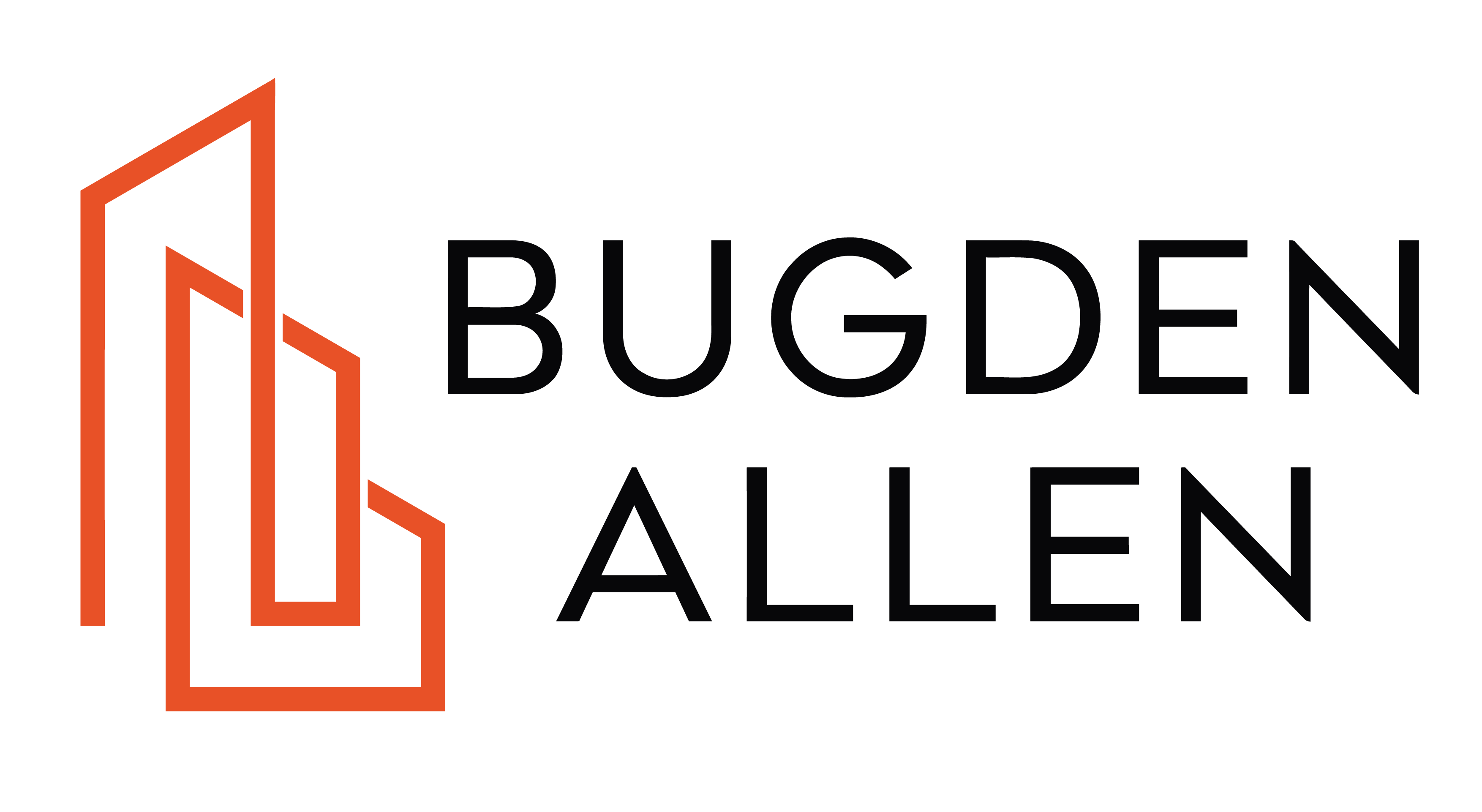—
After the bombshell of the 7:30 Report into Netstrata last week, most of the sector has jumped into the trenches, wary of what is coming next. There are however already a few heads poking up above the parapets, including notably a few very ‘game’ soldiers, loyal to the cause of Insurance (and other) Commissions.
Their battle cry is easy to make out – ‘If I disclose to my client, then the Act lets me take a commission!’.
Well, that may be true, as far as it goes, but we are not fighting for a metre of muddy ground, we are fighting for the soul of the strata management industry.
(Barely) Lawful behaviour is not necessarily ethical behaviour. Laws, such as those requiring disclosure of commissions before they are retained, are minimum standards.
Between those minimum standards and the lower limit of ethical behaviour, is what we lawyers call ‘sharp practice’. You won’t go to jail for doing it, but you’ll generally be regarded as a scoundrel for doing it.
Continuing our journey ‘upwards’, we next hit ethical behaviour; which is not only compliant with those lower standards encapsulated in laws, but also with a higher set of ethical principles. You’ll notice that I said ‘principles’ and not ‘rules’.
Ethical principles are not something that you can tick a box for. They are something that you have to strive to achieve, daily. They are hard, they challenge you, and they make you practice better. They improve your standing, your reputation and your clients trust in you.
Ethical lawyers are the ones you send your Mum & Dad to, when they need to write their wills, or your kids to, when they buy their first house.
I respectfully disagree with the comments being made by some strata managers and their suppliers, that if an Act allows it, then it’s ethical.
When I apply my ethical standards, I think it is unethical for strata managers to take insurance, or other commissions, even if they do so in accordance with statute law.
My ethical standards include these principles:
- not taking conflicted remuneration – I act for my client, and thus are paid by them only, and not the insurer, broker or some third party supplier; and
- not putting my self interest in competition with my client’s interests – if I get paid more commission for a higher premium then, all other things being equal, it is in my interest for my client to pay a higher premium, which of course is contrary to my client’s interests.
Last year, in one of my interviews I said that commissions are a cancer – that is as true today as it was then. The trouble with commissions, is that once you justify one, using a ‘compliance’ mindset, rather than an ‘ethical mindset’, you are on the slippery slope downwards to the next commission, and the next and so on.
It is also often the case that you have a supplier beckoning to you from those depths, with a fist full of cash, a knowing smile and smooth words; ‘everyone takes commissions, its normal industry practice’. Is that the sort of supplier that you want to expose your clients to?
Contrary to the doom sayers, commissions are also easy to get rid of – increase your base fee and / or charge ‘fee for service’. In the latter case, of ‘fee for service’, the happy side effect is that you can get a real grip on what the service costs to provide, and you can adjust your rates over time to meet your target margin.
There are already market leaders out there in the sector, who have made these, or similar changes and who are now thriving as a result. In the midst of the bad news, they are standing loud and proud, explaining how they do business, and pointing out the stinky practices adopted by their competitors.
So, here is the challenge, what ethics do strata mangers have? Are their ethical principles nothing more than compliance with statute law? Do strata managers think that it is actually ethical conduct, to take conflicted remuneration?
If so, they don’t qualify as a profession in my view.
Having been around strata managers in my professional capacity for 25 years, I for one want to welcome them into the ranks of true professionals. That is, professionals who put their clients’ interests before their own, and who subscribe to a standard of conduct which they have to strive to achieve.
If you, or someone you know, needs help with these issues or would like to step up to the higher standard, then we can help. This may include some best practice guidelines and training based on those guidelines. We can also provide advice on a specific project or proposal that you may have doubts about.
A great, and useful, example to finish on, is an ACSL conference paper that our most senior Partner, Gary Bugden OAM published in April 2021, titled “Strata Managers as Fiduciaries”. Gary has been presenting on this topic and pointing out ethical pitfalls for many, many years. You might also note that he casts a doubt on the legal effectiveness of many disclosure practices. I encourage you to read Gary’s paper – here is a link.




